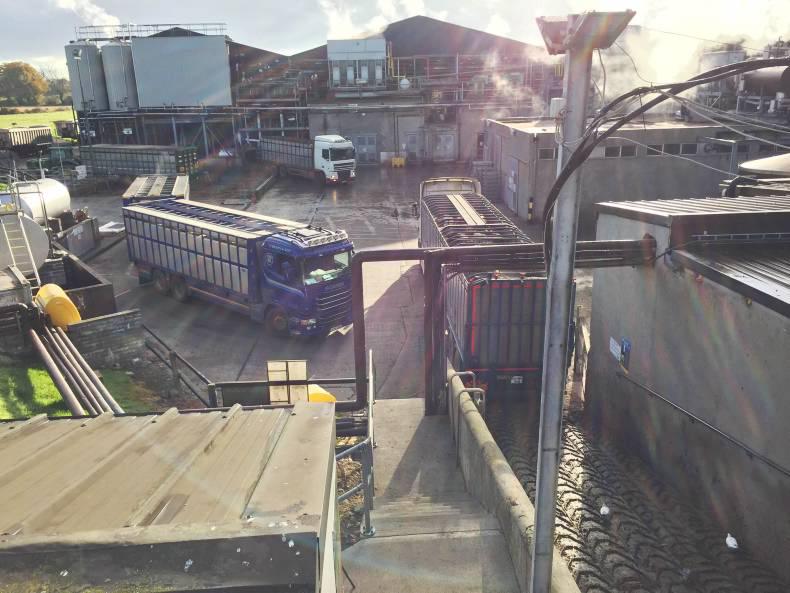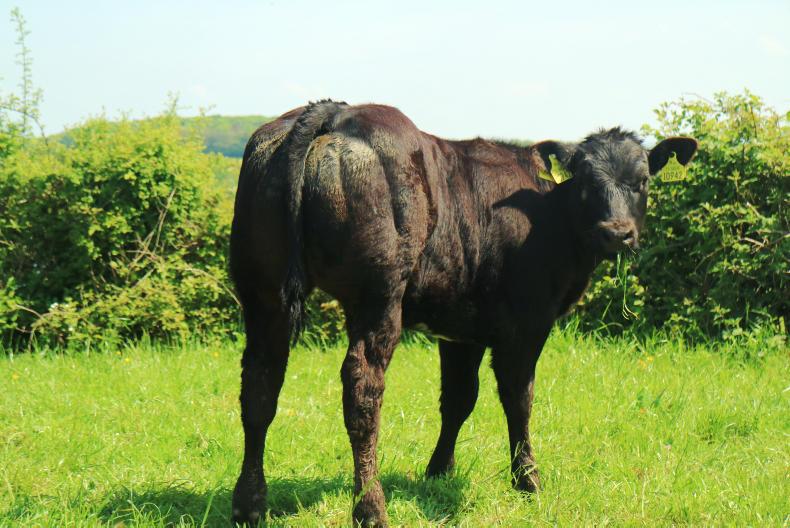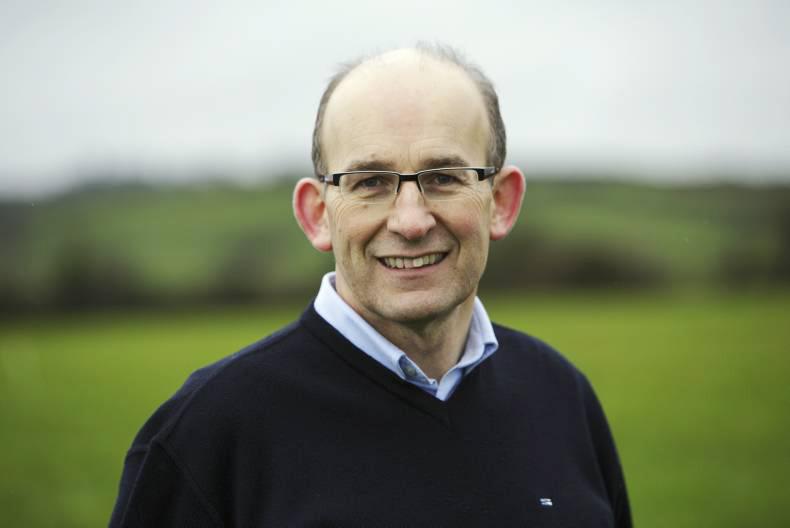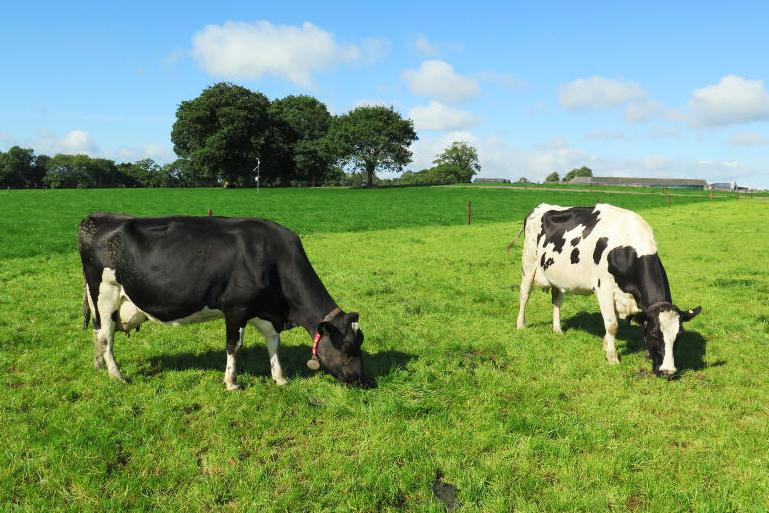A simple mind-reading trick to wow your friends:
1. Approach a person whom you know is from a bovine background
2. Tell them you’ll ask them a question and that they should think of an answer, but not say it.
3. Ask them “why should I vaccinate my calves against pneumonia?”
4. Pause and pretend to ponder deeply – put your hand on their forehead for effect, if appropriate.
5. Your answer is: “The drugs may cost a lot, but so does a dead weanling…”
6. Bask in glory.
After a couple of cases outdoors, we contemplated it. There is no bought-in stock here and five years ago we stopped immunising calves. The rate of infection has gotten no worse or better since: two or three mild cases per year. There is no such thing as a guarantee when vaccinating. To quote a local vet, “it tips the scales in your favour, but in certain situations they’ll tip the wrong way regardless.”
What to do? Blowing calves this early were a worry – especially at grass.
Each and every opinion sought gave me the above “dead weanling” answer.
Of course it is 100% accurate, but is there more to beef farming than just keeping our animals alive? In cases where cattle are exposed to infection, or become infected themselves, what is the damage in terms of production? Dairy farmers will talk of depressed yields - how much are our yields depressed? Unfortunately, you cannot control what you do not measure. Even visually healthy animals thrive less when challenged with something.
Consecutive store-feeding trials at Grange have highlighted this. Each year 140 animals were split between two slatted sheds. Shed A has a much lower roof-pitch and inferior ventilation relative to the ultra-modern shed B. Fifty calves bunked in shed A each year. All sheds were vaccinated against pneumonia and any cases were rare and mild in both years. Across a typical wintering period, growth rates in shed A were 18% lower in year 1 and 20% lower in year 2. Though animals were growing acceptably and visually thriving, 1500 kg of potential live weight was not gained across two years in shed A. Catch-up growth at pasture probably cancelled out the difference - but the point is that even when challenged, production takes a hit.
Let it be said that the argument is not to source a weighing scales immediately, but to adopt a mind-set. Think like a man who fondles with clusters at six in the morning; think about what is produced on a daily basis. Then, fluff your pillow and roll over.









SHARING OPTIONS